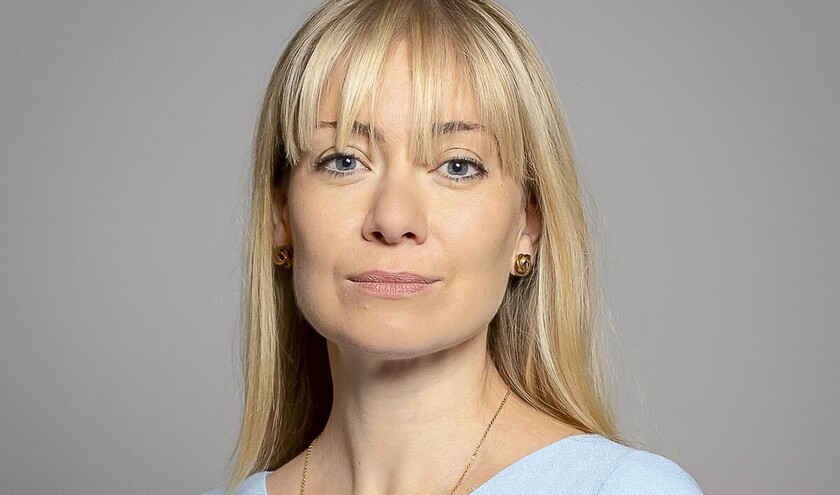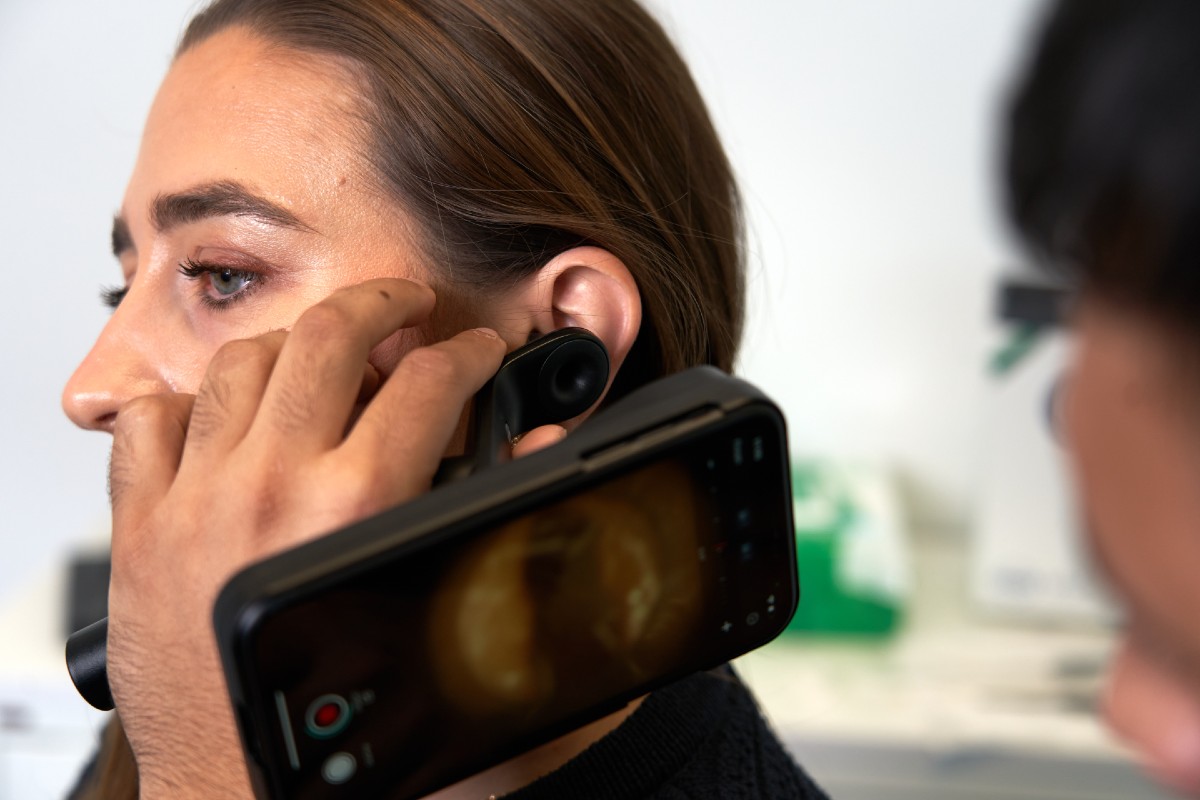HDRS, which was announced in April this year, will slash red tape and provide a secure single access point to national-scale datasets.
Baroness Blackwood is chair of Oxford University Innovation and Genomics England and also serves on the boards of biotechnology company BioNTech and investment fund RTW Biotech Opportunities.
Health innovation minister, Zubir Ahmed, said: ‘I am delighted to announce Baroness Blackwood's appointment, who will play an important role in helping us build an NHS fit for the future.
‘By unlocking the power of NHS data safely and securely, we will accelerate lifesaving research that will deliver better treatments for patients faster. This is about harnessing the incredible potential of our health service's data to drive medical breakthroughs, while maintaining gold-standard protections for patient privacy.'
Baroness Blackwood's proven leadership in life sciences and innovation will be instrumental in making Britain the best place in the world for medical research.
This appointment comes at a critical juncture as HDRS moves from planning to implementation. Significant progress is already being made as HDRS has been approved as a government company, with incorporation work now in progress, and recruitment is underway for a chief executive officer.
Extensive stakeholder engagement has taken place between June and October 2025 with patients, health practitioners and researchers across the UK to shape the strategic ambition for HDRS.
This engagement revealed that users need data that is ‘research ready', available through a single front door, with transparent and timely access.
Science minister, Lord Vallance, said: ‘Baroness Blackwood has significant experience in life sciences and health innovation. Her leadership will be crucial as the Health Data Research Service gets underway.
‘For too long, researchers and the healthcare system itself have faced unnecessary delays and difficulties accessing the health data they need to develop new treatments or help improve services for patients. This groundbreaking service will change this - streamlining access whilst maintaining rigorous safeguards for patient data. This means faster development of new medicines and therapies and better care for patients.'



